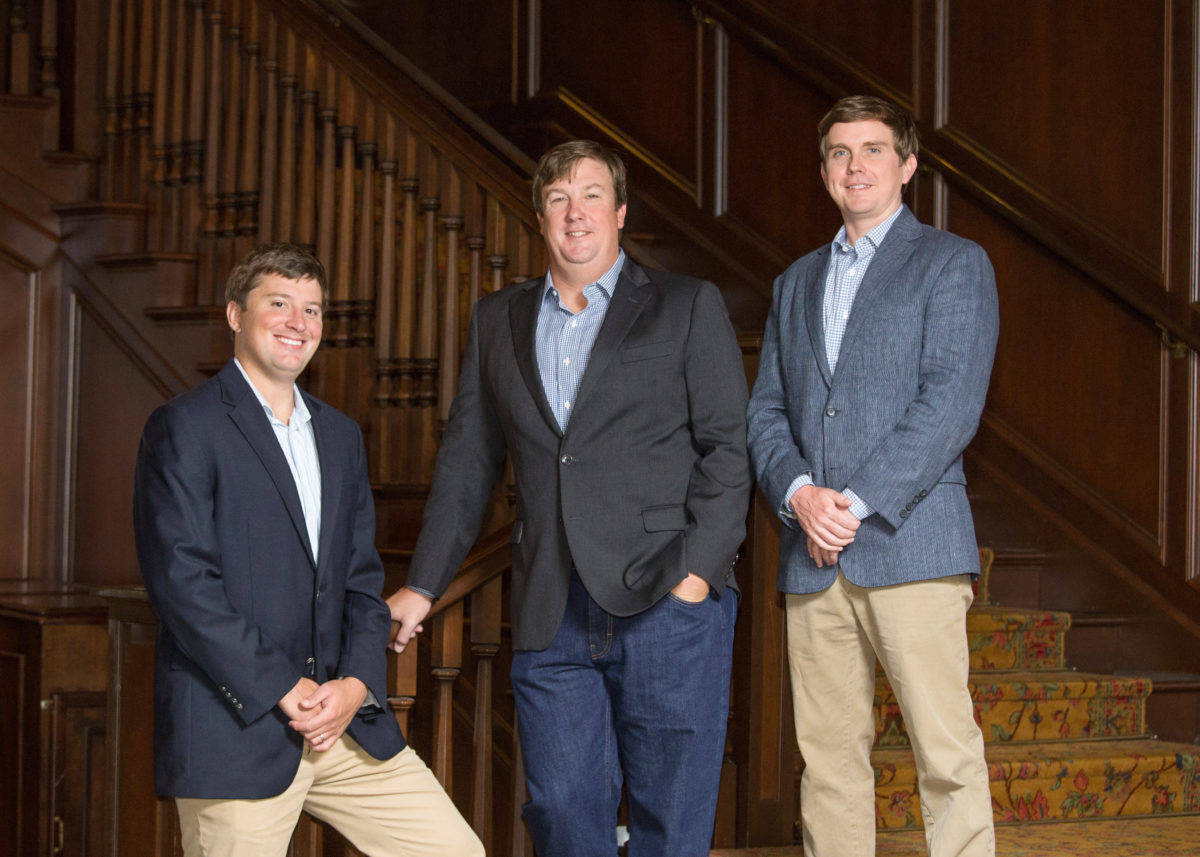 Jeffrey Stayton — former chief of the Aviation Division of the U.S. Army Test and Evaluation Command (ATEC) and inarguably the nation’s foremost authority on Russian military helicopters — was convicted of honest services wire fraud in December of 2007, discrediting his otherwise valiant service to his country and labeling him with the undeserved and erroneous distinction as one of the “25 Most Corrupt Officials of the Bush Administration.” But today that conviction was vacated by the same federal judge who presided over the trial of the case pursuant to a habeas corpus petition filed by Frohsin & Barger. Stayton led a covert group of U.S. operatives into Russia in the wake of the September 11, 2001 terrorist attacks on the World Trade Center to purchase and outfit Russian Mi-17 helicopters for U.S. reconnaissance missions in the mountains of Afghanistan on the eve of the U.S. invasion against the Taliban. The mission as well as Stayton’s pivotal role in it, his subsequent trial, and the CIA shadows that darken the project and cast doubt upon the motives and methods of the government lawyers who prosecuted Stayton have been chronicled in the media, including the New York Post, Wired, and others.
Jeffrey Stayton — former chief of the Aviation Division of the U.S. Army Test and Evaluation Command (ATEC) and inarguably the nation’s foremost authority on Russian military helicopters — was convicted of honest services wire fraud in December of 2007, discrediting his otherwise valiant service to his country and labeling him with the undeserved and erroneous distinction as one of the “25 Most Corrupt Officials of the Bush Administration.” But today that conviction was vacated by the same federal judge who presided over the trial of the case pursuant to a habeas corpus petition filed by Frohsin & Barger. Stayton led a covert group of U.S. operatives into Russia in the wake of the September 11, 2001 terrorist attacks on the World Trade Center to purchase and outfit Russian Mi-17 helicopters for U.S. reconnaissance missions in the mountains of Afghanistan on the eve of the U.S. invasion against the Taliban. The mission as well as Stayton’s pivotal role in it, his subsequent trial, and the CIA shadows that darken the project and cast doubt upon the motives and methods of the government lawyers who prosecuted Stayton have been chronicled in the media, including the New York Post, Wired, and others.
Even though the mission was accomplished under harsh Siberian winter conditions and was essential to the success of the initial U.S. ground-invasion, Stayton was subsequently tried and convicted of honest services wire fraud for accepting $61,000 from a private contractor involved in the acquisition — but he was acquitted on charges of bribery for the same conduct. DoJ characterized the payment as a bribe — Stayton contended and still contends it was a small loan from a lifelong friend to refinance his home mortgage. Although not involved in Stayton’s trial, Frohsin & Barger took up the cause and spent the last three years fighting for the military hero on appeal through lengthy briefing and repeated hearings on a petition for habeas corpus under 28 U.S.C. 2255. Meanwhile, Stayton has suffered continued bouts of cancer in a federal prison and his prosecution has come under the scrutiny of watchgroups like the Justice Integrity Project.
Today’s ruling hinges on the United States Supreme Court’s ruling last summer in Skilling v. United States, 130 S. Ct. 2896 (2010), wherein the high court limited and clarified the scope of honest services wire fraud. The opinion in Jeffrey Stayton’s case (reprinted in its entirety below) serves as a seminal treatise on the effects of the Supreme Court’s ruling and will likely influence both future prosecutions and currently pending appeals related to honest services wire fraud:
JEFFREY HOWARD STAYTON v. UNITED STATES
[scribd id=49741026 key=key-1n8ixkuk80j3tssemw28 mode=list]






[…] Last week, Frohsin & Barger won a hotly contested habeas corpus petition on behalf of Jeffrey Stayton, vacating his honest services wire fraud convic…. […]